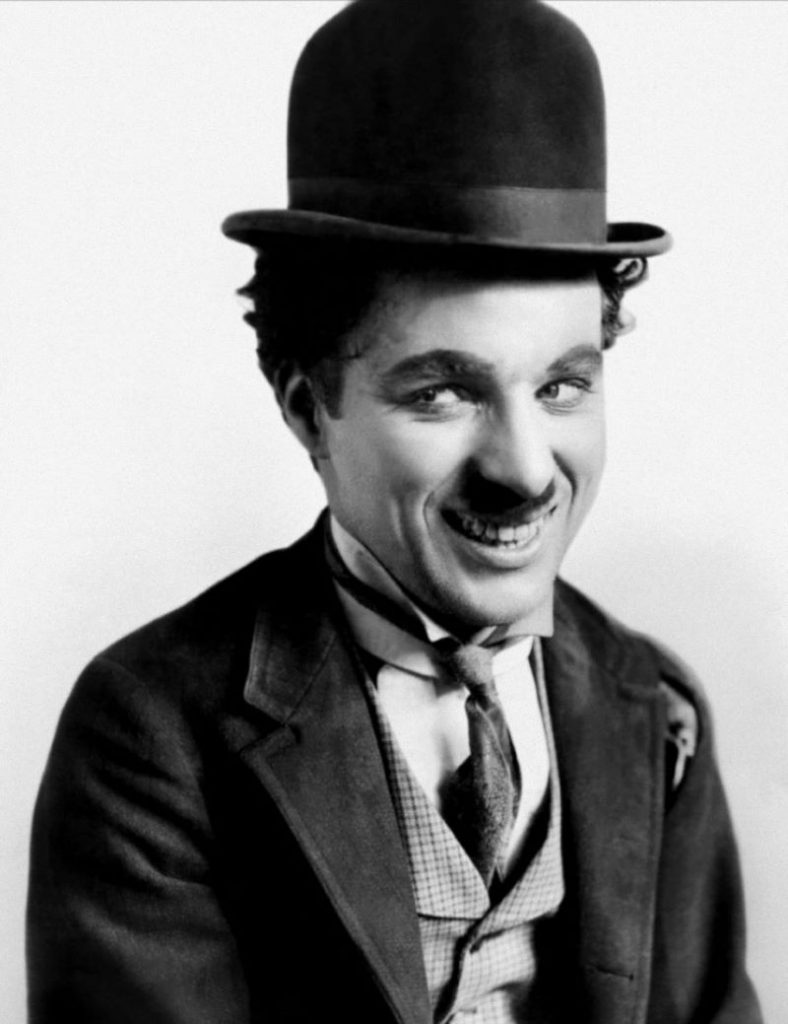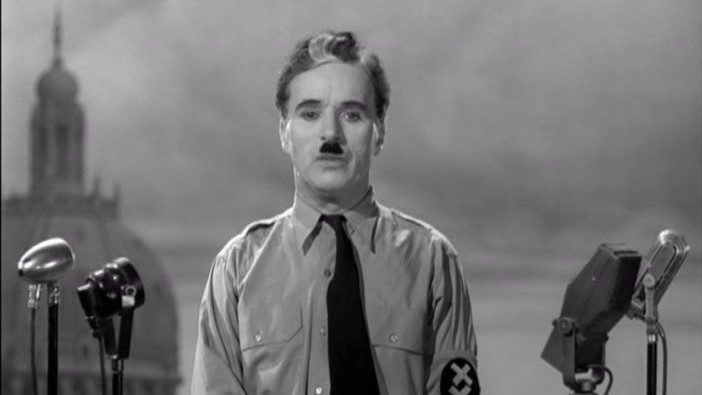Whenever we hear the name Charlie Chaplin we always think of his bright side, but have we ever wondered about his unhappy, dark side? His full name was Charles Spencer Chaplin and he was born in London in 1889. He wasn’t just an actor, as we all know, but also a director, composer and scriptwriter.
Charlie Chaplin’s family had no home and had to live in workhouses. His parents separated when he was three. His mother was a singer but lost her job after injuring her vocal cords and so Charlie and his half-brother Sidney were forced to work as boot polishers at a very young age. Things became progressively worse for the family and when their mother was no longer able to look after them, the authorities placed both boys in an orphanage. Chaplin was nine at the time. When he was thirteen, his father died of alcoholism. His mother caught syphilis, which was largely incurable then, she developed mental problems and was committed to an asylum.
Chaplin did not allow all those obstacles in his life to hinder him. He worked as a music hall performer, and at 19 signed a contract with the Fred Karno troupe, touring the United States with them and learning about film production. At 25, he signed a new contract with Keystone Studios, which is where the character of the Tramp was born and Chaplin was finally able to develop his comic talents. He never gave up hope, worked very hard and became one of the most famous people in the world.
Charlie Chaplin was a director, writer, composer and actor in films that portray social issues in a humorous way. His films were silent and without dialogue, because that was how he felt he could convey the true meaning of his art. Chaplin continued to produce silent films even after the introduction of sound to cinema. His most famous films include “Modern Times”, “The Great Dictator” and “The Kid”.
Chaplin knew that “The Great Dictator”, which satirises Adolf Hitler and his dream of dominating Europe, would cause him many problems. This didn’t stop him going ahead with the film in 1940. There were many reasons why he wanted to make the film and one of them was the famous speech at the end, which is more than just an epilogue; it is a clear message to all. The speech:
“We want to live by each other’s happiness – not by each other’s misery. We don’t want to hate and despise one another. In this world, there is room for everyone. And the good earth is rich and can provide for everyone. The way of life can be free and beautiful, but we have lost the way. Greed has poisoned men’s souls, has barricaded the world with hate, has goose-stepped us into misery and bloodshed. We have developed speed, but we have shut ourselves in… To those who can hear me, I say – do not despair. The misery that is now upon us is but the passing of greed – the bitterness of men who fear the way of human progress… Soldiers! Don’t give yourselves to brutes – men who despise you – enslave you – who regiment your lives – tell you what to do – what to think and what to feel! Who drill you – diet you – treat you like cattle, use you as cannon fodder. Don’t give yourselves to these unnatural men – machine men with machine minds and machine hearts! You are not machines! You are not cattle! You are men! You have the love of humanity in your hearts! You don’t hate… You, the people have the power – the power to create machines. The power to create happiness! You, the people, have the power to make this life free and beautiful, to make this life a wonderful adventure… Let us fight to free the world – to do away with national barriers – to do away with greed, with hate and intolerance. Let us fight for a world of reason…”










Add comment